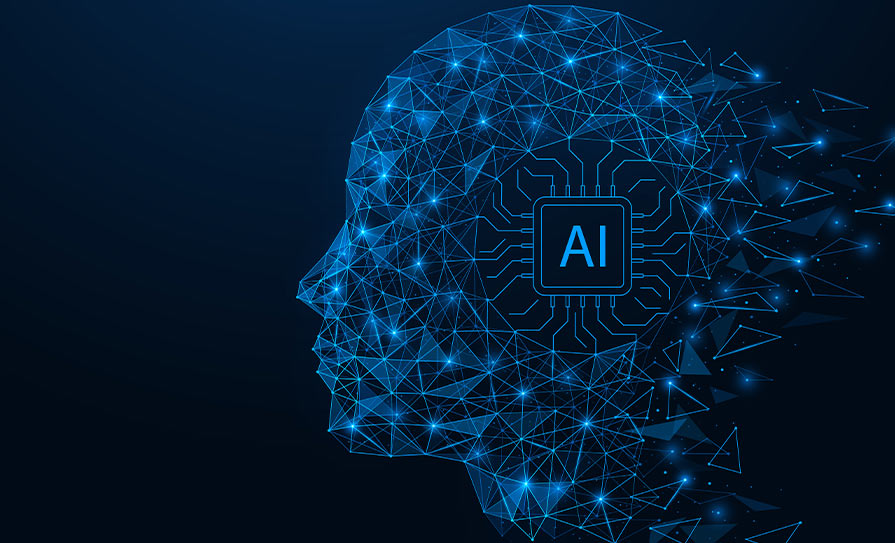While artificial intelligence (AI) is changing the nature of medicine, it will not end the importance of the doctor-patient relationship, the IMO AGM heard.
A well-attended session on the first day of the conference (Thursday 4 April) focused on AI and its impact on healthcare delivery.
Speakers included Dr Conor Judge, Consultant Nephrologist and Senior Lecturer in Applied Clinical Data Analytics at the University of Galway; Prof Patricia Maguire, Professor of Biochemistry, University College Dublin; and Prof Barry O’Sullivan, Director, Insight Centre for Data Analytics, School of Computer Science and IT, University College Cork.
“The feeling from the experts was that AI will continue to evolve, and continue to be used within medical fields,” Dr Austin Byrne, a GP based in Tramore, Co Waterford, told the Medical Independent (MI). “But we are not going to see an overnight change. And, fundamentally, a lot of the core skills of human interaction, the ability of humans to make carefully weighted choices, customised to the patient, tailor-made choices, these can’t be replaced by the machine.”
Dr Byrne, who chaired the discussion, said it was a “great talk, really interesting”.
“I think it was reassuring for a lot of us to hear that the core values and principles of medicine care are going to continue.”
He noted that AI systems are “pervasive” in society and that their influence on the work of doctors would continue to grow.
“But not in a way that does away with the current model of doctor to patient direct interaction,” he told MI. “The popular conception of it is that you are going to have your care delivered by an avatar, that you are going to be talking to the machine. You really aren’t.”
While there has been much focus on AI’s influence in specialties, such as radiology, Dr Byrne said that all areas of medicine, including his own area of general practice, will also be impacted.
“I think it will [influence general practice],” he said. “Certainly, in terms of decision assistance tools, patient triage tools, we will probably see the use of AI as a co-pilot function, as a back-up function, as an additional tool.”
He compared AI to how secondary school students use scientific calculators.
“It doesn’t dumb them down; it actually lets them perform to a higher level. So we [GPs] will be nudged [by AI] slightly sideways, and slightly upwards in terms of what we do.”
Separately, during the general motions session of the AGM, IMO members voted to highlight the importance of improved e-health for the health system.
A motion was passed that noted “e-health and digitalisation of the health services holds the promise of enhancing patient safety, quality and integration of care”.
“The IMO calls on the Department of Health to provide an economic evaluation of the Health Information Bill and to allocate sufficient resources for the roll out of digitalised health service,” according to the motion.













Leave a Reply
You must be logged in to post a comment.